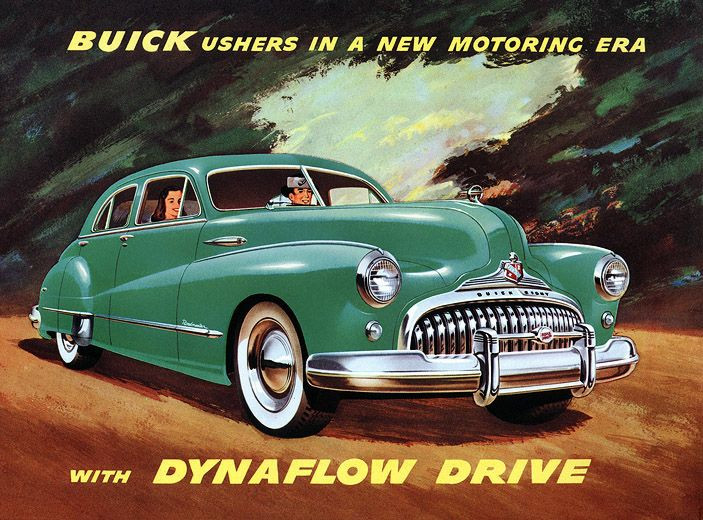Pioneer Day, observed around July 24th, often sparks discussions, particularly on social media platforms like Twitter. These conversations sometimes reveal varying perspectives, including open criticism towards the holiday commemorating the Mormon pioneers’ entry into the Salt Lake Valley on July 24th, 1847. This annual observance, while significant to many, can also be a point of reflection and even contention for others, highlighting the complex relationship individuals have with historical and cultural celebrations.
For some, Pioneer Day is a deeply meaningful holiday, rich with personal and familial significance. These individuals are active Pioneer Day Celebrants, wholeheartedly embracing the traditions and historical commemoration associated with this date. They participate in community events, share stories of their pioneer ancestors, and find ways to connect with the legacy of those who journeyed westward. However, not everyone shares this same level of enthusiasm or connection.
 old Buick ad
old Buick ad
The pioneer heritage, while central to the identity of The Church of Jesus Christ of Latter-day Saints, resonates differently with individuals based on their personal backgrounds and family histories. It’s understandable that those with direct lineage to the pioneers who traversed the plains by wagon or handcart feel a stronger tie to Pioneer Day. For others, whose ancestors arrived through different paths and means, the connection might be less immediate. As one might jest, some family histories are less about handcarts and more about Buicks arriving from different shores.
Yet, despite varying degrees of personal connection, hostility towards Pioneer Day celebrations seems unwarranted. The traditions associated with the holiday, such as historical reenactments and pioneer-themed activities, are largely benign. The core intention is to remember and honor a significant period in history and the resilience of those who shaped the region. The holiday becomes more complex when considering the broader context of how different religious and cultural holidays are observed and emphasized.
There’s an interesting contrast in how Pioneer Day is observed compared to major Christian holidays like Easter and Christmas within the same community. It’s often noted that while many Christian denominations focus significantly on Easter and Christmas with special church services and observances, the emphasis within The Church of Jesus Christ of Latter-day Saints can appear different. For instance, Easter may coincide with General Conference, a major semi-annual event, sometimes leading to a more subdued Easter Sunday in local congregations as attention is directed towards the conference proceedings.
Christmas, similarly, if it falls on a weekday, might not be marked with additional church services beyond the regular Sunday schedule. Even when Christmas falls on a Sunday, the services might be streamlined and combined, allowing for a swift return to home celebrations and, perhaps, gift openings. Anecdotally, there are even accounts of Christmas-themed sermons focusing on topics like tithing, further illustrating a potentially different approach to holiday emphasis.
This is not to suggest a lack of recognition for these major Christian holidays. However, the level of emphasis and ceremonial observance can seem less pronounced compared to other Christian traditions. This difference in approach raises questions about the role of ceremony and tradition in religious and cultural life.
Ceremonies and traditions serve a vital purpose. They provide structure, rhythm, and shared experiences that can profoundly enrich our spiritual lives. The liturgical observances of Easter, encompassing Ash Wednesday, Lent, Good Friday, and Easter Sunday, create a sustained period of reflection and spiritual focus. Christmas services can offer a spiritual counterpoint to the often-commercialized aspects of the holiday season. Without these established observances, it becomes easier to lose sight of the deeper spiritual significance of these times of year and harder to articulate a Christ-centered identity to those outside the faith.
The tradition of understated devotion is deeply ingrained in the culture. This is reflected even in terminology: “meetings” instead of “services,” “meetinghouses” rather than “cathedrals,” and “youth leaders” instead of “youth ministers.” This is not inherently negative, but it points to a cultural preference for a more business-like approach to religious practice.
Therefore, understanding the varying perspectives on Pioneer Day, from the enthusiastic pioneer day celebrant to those with a more distant connection, requires acknowledging the complexities of history, personal heritage, and cultural emphasis on different holidays. While some may actively celebrate and connect with the pioneer legacy, others may observe or reflect in different ways. Ultimately, respecting these diverse approaches and understanding the nuances of cultural and religious observance is key.

